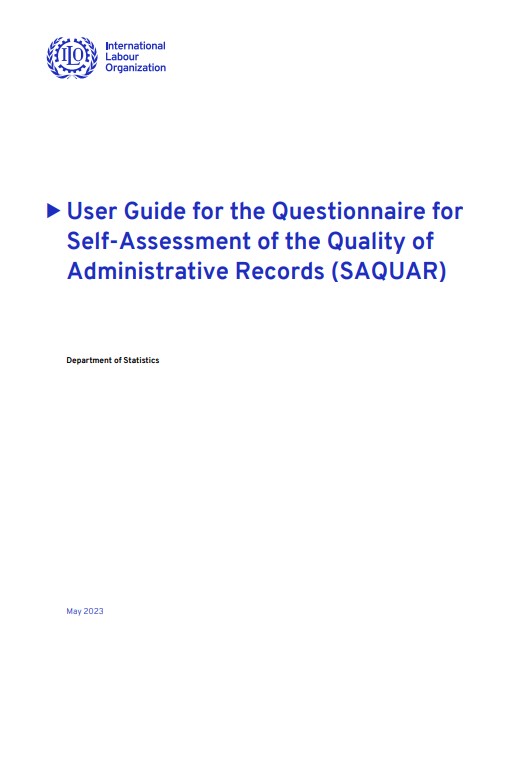
User Guide for the Questionnaire for Self-Assessment of the Quality of Administrative Records (SAQUAR)
This user guide provides tips and clarifications for the completion of the Self-Assessment of the Quality of Administrative Records (SAQUAR) form, an adaptation of the Questionnaire for Evaluating the Quality of Administrative Records (CECRA, for its initials in Spanish) recommended by the Working Group on Administrative Records in the framework of the Statistical Conference of the Americas and coordinated by ECLAC.









